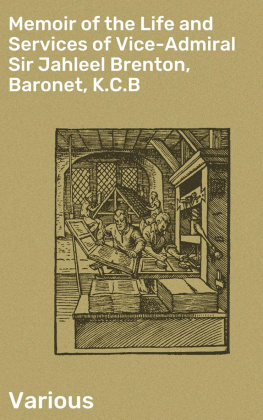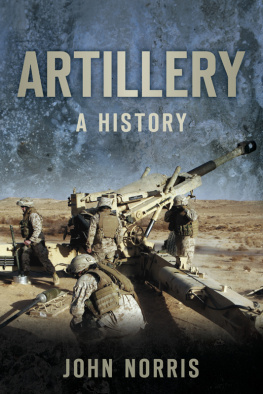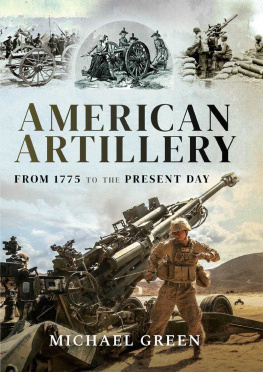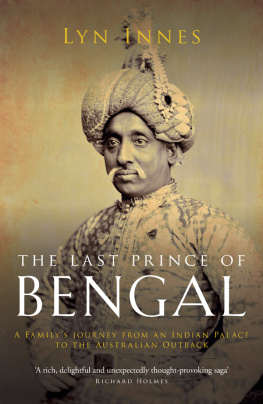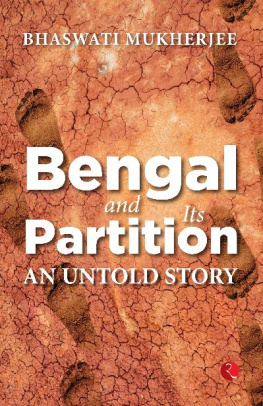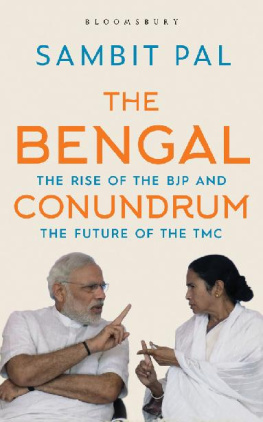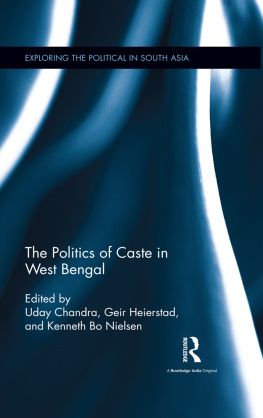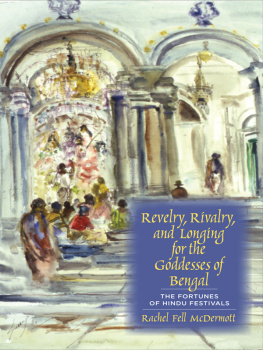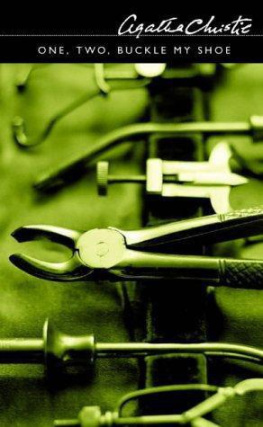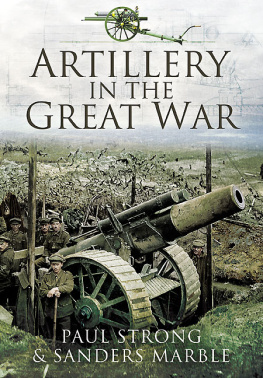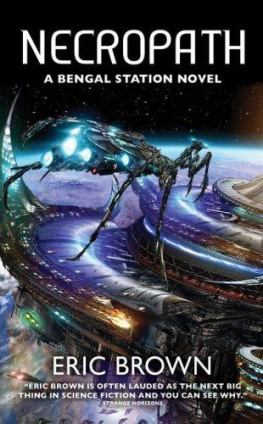ADVERTISEMENT BY THE EDITOR.
The circumstances under which the greater portion of this Memoir was written, are set forth so truthfully in the following passages, taken from an Indian periodical, that I cannot do better than transcribe them:
It was well known for some years before Captain Buckle, driven homewards by the pressure of ill-health, resigned the important regimental office which he had held so creditably to himself and so advantageously to his corps, that he had long been collecting materials for a Memoir of the Bengal Artillery, and had been engaged, in brief intervals of leisure, in their arrangement and reproduction in the form of an elaborate work of military history. In the immediate circle of his own private friends it was known, moreover, how deep was the interest that he took in the progress of this work; how laboriously he pursued his investigations into the past history of his regiment; and what gratification it afforded him, in the midst of much that was necessarily dull and thankless, to exhume, out of a mass of long-buried records, or a heap of printed volumes with the damp of years upon them, some neglected historical fact, some forgotten statistics, or some illustrative anecdote which had never reached the ears of the present generation. It was emphatically a labour of love. It was the recreation, after hours of office drudgery, of the last few years of his sojourn in India,of the last few years of his life. His health had been for some time perceptibly failing; and for many months before he finally determined to turn his back upon Dum-Dum, he had suffered under one of the most distressing and most fatal disorders of the country. Like many others, who have been buoyed up by such delusive hopes, he thought that he could weather it out a little longer. Intervals of seeming convalescence gave him new confidence and courage; and he was disinclined to anticipate the date at which he had originally designed to visit Great Britain. But the hot weather of 1846 tried him severely; his disorder was aggravated; and at last he reluctantly determined to strike his tent, and to seek renewed health beneath the milder sun of his native country. He embarked on board the steamer leaving Calcutta in September; and it was hoped that the sea-breeze would check the progress of his malady; but as the vessel steamed down the bay, he grew worse and worse, and on the 19th of that month, off the island of Ceylon, he rendered back his soul to his Maker.
It was, we believe, one of his last expressions of earthly solicitude, that the manuscript of the Memoir of the Bengal Artillery, on which he had been so long and anxiously employed, should be given over to his executor, an old brother officer and most esteemed friend, to be dealt with as might seem best to him. It was the known wish of the deceased, that the work should be published: indeed, the thought of laying before the world a fitting memoir of the distinguished regiment to which he was attached, had often, in hours of sickness and weariness, been a solace and a stimulant to him. It is an ambition worthy of any soldier, to be the historian of his corps.
The manuscript was placed in my hands by Captain Buckles executor, and I undertook to see it safely through the press. The Memoir was brought down by the author to the close of the Afghan war; but during the interval which had elapsed since he laid down the pen, the Sikhs had crossed the Sutlej, and the battles of Moodkhee, Ferozshuhur, Aliwal, and Sobraon had been fought. It seemed desirable that some record of these engagements should be added to the Memoir, and I attempted to supply what was wanting to complete the work. But whilst the sheets containing the annals of this campaign were passing through the press, the second Sikh war broke out, and the further necessity of bringing down the chronicle to the close of that memorable campaign which resulted in the annexation of the Punjab, was imposed upon the editor. Others would have done this more effectively and more expeditiously. My qualifications for the due performance of the work intrusted to me were mainly the cheerfulness with which, both from respect for the memory of the deceased author and affection for the regiment of which I was once a member, I undertook the labours it entailed; and such aptitude as may be supposed to result from a life spent in literary pursuits. For the three last chapters I alone am responsible. I am indebted to others for the information they contain; but if any errors should appear in them, they must be laid to the account of my misuse of the materials placed at my disposal.
That, valuable and interesting as are many of the details of this Memoir, it would have been more interesting and more valuable if Captain Buckle had lived to complete it, is no mere conjecture of mine. The marginal pencil notes which appear on the face of the manuscript, indicate the writers intention of furnishing fuller information on many important points already touched upon, and of supplying many additional details which in the progress of the work had escaped his notice, but which subsequent inquiries, or, in some instances, the suggestions of friends, had enabled him to introduce, and which would have been introduced had he lived to superintend the passage of his Memoir through the press. It is certain, too, that the details in the concluding chapters would have been more accurate and more complete. I have followed the original manuscript, as far as it went, with scarcely the alteration of a word; and I have endeavoured, in the concluding chapters, as nearly as possible to retain the manner of the original work.
Some apology is due for the delay which has occurred in placing the Memoir before the public. This has been occasioned partly by the necessity of obtaining original information relative to the events of the Sikh campaign, and partly by the pressure of other literary engagements which have absorbed the editors time. In the record of the great victory of Goojrat, the history of the achievements of the Bengal Artillery has a fitting termination; and I can hardly regret the delay which has enabled me to chronicle, however inefficiently, the services of so many of my distinguished cotemporaries in the course of the last few memorable years.
J. W. K.



